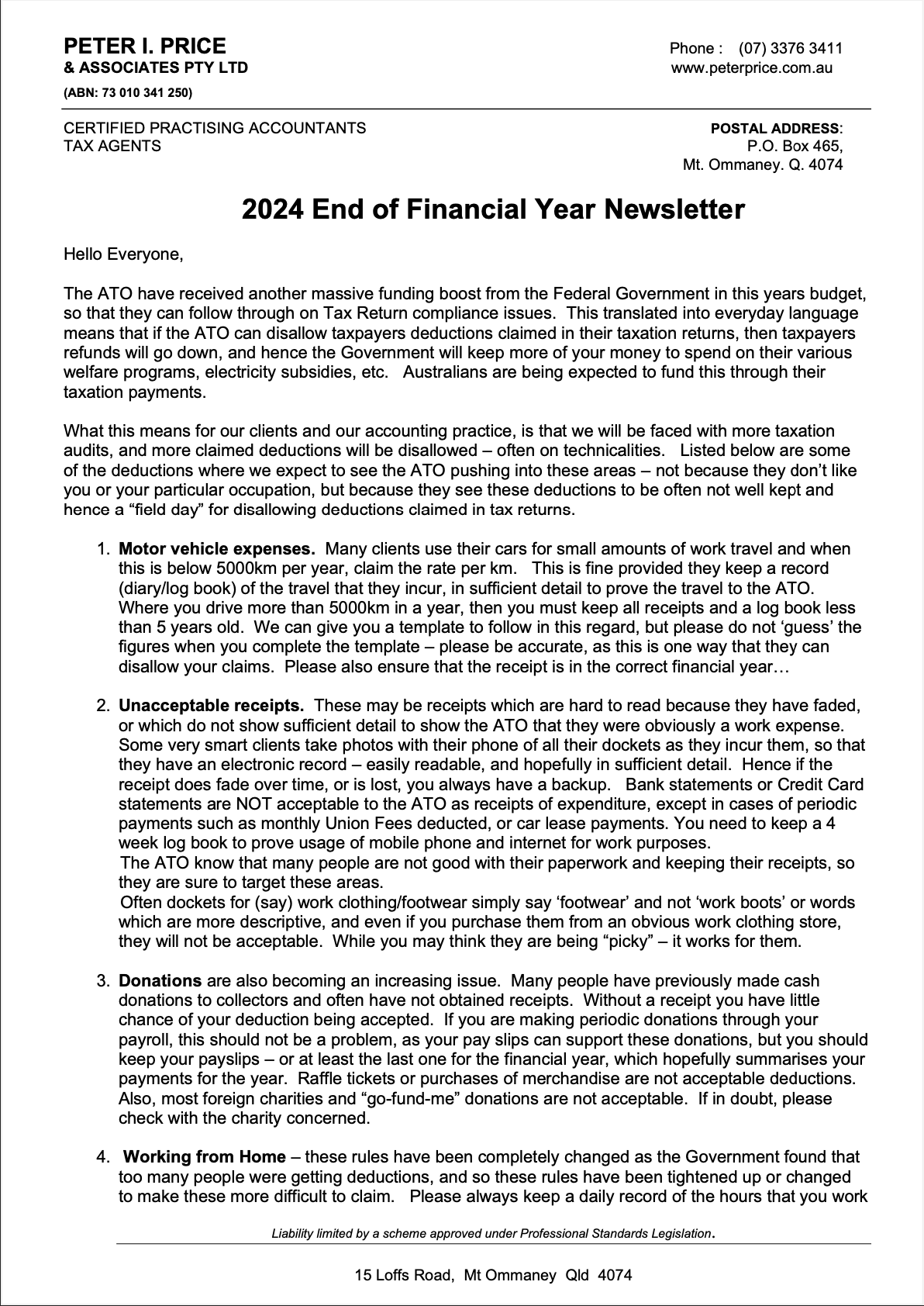The year of workplace law upheaval

.
The Fair Work Ombudsman has had a very busy year. Its 2023 annual report detailed $509 million in unpaid wages recovered for 251,475 workers in FY 2022-23, the second-highest result after $532 million was clawed back only a year prior.
The workplace watchdog and chief enforcer of the Fair Work Act also said it entered into 15 enforceable undertakings, filed 81 lawsuits and issued 2,424 compliance notices.
FWO boss Anna Booth called for businesses, especially big corporates and universities, to do better, with names like Suncorp, David Jones, Politix, Crown, UTS, Starbucks, Best & Less and St Vincent’s all guilty of underpaying workers.
“All employers must place a higher priority on ensuring they are meeting all their workers’ lawful entitlements, including by improving their payroll and governance and investing in advice,” Ms Booth said.
However, Rebecca Thistleton, director of thinktank McKell Institute, said that for every one of the FWO’s successes, “we know there are far more instances that are never investigated and workers who are never properly compensated”.
The FWO only recovered about two-thirds of an estimated $850 million in yearly unpaid wages and businesses habitually exploited its limited resources, the McKell Institute said.
CEO Ed Cavanough said actual wage theft could be as high as $1.35 billion since data failed to capture the incorrect payment of penalty or award rates.
“This is an extraordinary amount of money being stolen and it’s unacceptable,” he said. “Being unaware is not an excuse. The onus is on employers to understand their obligations to their employees,” he said.
In December, National Tertiary Education Union president Alison Barnes called out universities’ governance models after the union’s analysis found “rampant” wage theft among virtually every major university across the country.
The NTEU believes that 97,000 staff are owed $159 million, a $50 million increase since its report in February.
“The fact that wage theft is so widespread in Australian universities is a damning indictment of the current governance model,” she said.
Ms Barnes said wage theft was driven by the sector’s widespread use of casual staff, with two-thirds of all university workers employed “insecurely” through casual or fixed-term arrangements.
“If universities are to finally become exemplary employers then we need to end the scourge of casualisation using state and federal powers,” she said.
The union also said it was involved in eight ongoing cases and echoed the McKell Institute’s suspicions that wage theft estimates understated the true extent of the problem.
Similarly, the Shop, Distributive and Allied Employees Association sued discount supermarket chain Aldi for $150 million in unpaid wages. “Over $100 million has been ripped out of the pockets of workers and their families by this multi-billion-dollar corporation,” said national secretary Gerard Dwyer.
The Aldi action came after its biggest competitors, Woolworths and Coles, were also accused of serial underpayments in Federal Court – the FWO sued the supermarket giants in June over setting up payment structures to avoid paying workers overtime.
To close “loopholes” in the system, the government introduced the Fair Work Legislation Amendment (Closing Loopholes No. 2) Bill 2023 in September to criminalise wage theft and reform casual employment, the gig economy and labour hire laws.
The bill was then split in two in a crossbench deal on the final day of Parliament to pass its less-contentious provisions on labour hire and union delegate rights.
While unions strongly supported the changes, the corporate sector was not so taken, with key business and employer groups coming out with scathing rebukes.
Council of Small Business Organisations Australia CEO Luke Achterstraat criticised the complexity of the behemoth 800-page omnibus. “The new definition of casuals is three pages long and comprises 15 different tests. You shouldn’t need a PhD in law to know how to hire a casual worker,” he said.
National employer association Ai Group CEO Innes Willox called the changes “unworkable”.
“Make no mistake, the bill will hurt industry, undermine productivity and result in fewer job opportunities as well as higher costs that will potentially be passed on to consumers,” he said.
With the bill’s remaining provisions on casual work still in Parliament, the ATO also released guidance on differentiating between employees and contractors in December.
TR 2023/4 confirmed the ATO would follow the High Court’s approach to determining whether a worker was an employee under the Taxation Administration Act.
It said it was a question of fact and should be determined by reference to an objective assessment of the relationship, legal rights and obligations between an employer and employee, a departure from the old “multi-factorial” analysis of parties’ conduct when determining worker classification.
However, instead of providing clarity, some commentators believed the ruling added a further wrinkle to the employment law landscape.
This is because it went in direct contrast to the approach contained in Closing Loopholes, which proposed to reinstate the old multi-factorial test.
According to employment lawyer Nicholas Parkinson, that would lead to an “incongruous position” where the Fair Work Act, FWO, courts and tribunals would use one definition of employment, and the ATO in ensuring compliance with tax obligations would use another.
A senate inquiry into the bill is due to report next month and the government will look to pass the remaining provisions on casual and gig economy worker protections in the coming months.
In the meantime, the FWO will almost certainly have its work cut out again in 2024 as businesses and authorities attempt to navigate a system in a constant state of flux.
Christine Chen
11 January 2024
accountantsdaily.com.au

